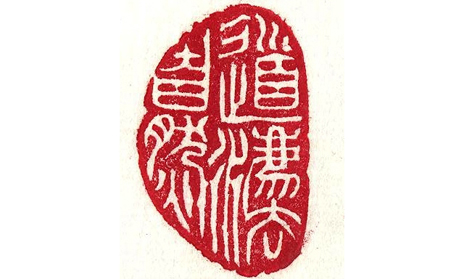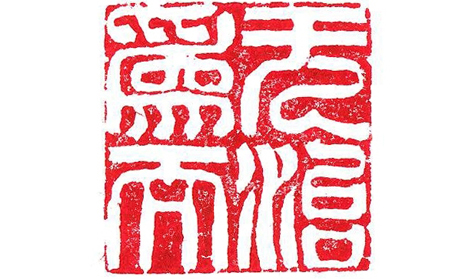-
Chapters from the paperback
- Introduction
- Ecocriticism
- Optimisation
- Grounded Economic Awareness
- Advertising Awareness
- Transition Skills
- Commons Thinking
- Effortless Action
- Permaculture Design
- Community Gardening
- Ecological Intelligence
- Systems Thinking
- Gaia Awareness
- Futures Thinking
- Values Reflection and the Earth Charter
- Social Conscience
- New Media Literacy
- Cultural Literacy
- Carbon Capability
- Greening Business
- Materials Awareness
- Appropriate Technology and Appropriate Design
- Technology Appraisal
- Complexity, Systems Thinking and Practice
- Coping with Complexity
- Emotional Wellbeing
- Finding Meaning Without Consuming
- Being in the World
- Beauty as a Way of Knowing
- Citizen Engagement
- Re-Educating the Person
- Institutional Transformation
- A Learning Society
- Additional chapters
- Interviews
Home » The Handbook of Sustainability Literacy » Chapters from the paperback » Effortless Action
Effortless Action
Effortless Action: the ability to fulfil human needs effortlessly through working with nature, Ling Feng, University of Sheffield
____________________
Effortless Action? This term, derived from Taoist philosophy, sounds passive and incompatible with our modern society where effort seems decisive to success. I want to suggest that it can be very relevant to sustainability and explore some ways in which it might be applied by educators. Contemporary thought unconsciously conceives of ‘effort’ in a self-centred and modernist way that contributes to the unsustainability of our social and ecological system...The notion of Effortless Action (Wu Wei) is one of the major themes of Taoism – an ecologically-oriented Chinese traditional philosophy that originated around 2500 years ago with the classic work Tao de Ching by Lao-Tsu (see Maurer 1982 for a full translation). Although Taoism originated in early China, over time practices in various cultural contexts have proved its wide applicability. It is philosophical yet practical, seeking to inspire and instruct practitioners in how to obtain an optimal state of harmonic integration between both material and spiritual realms of existence with lessons derived from nature (Kirkland 2002).








